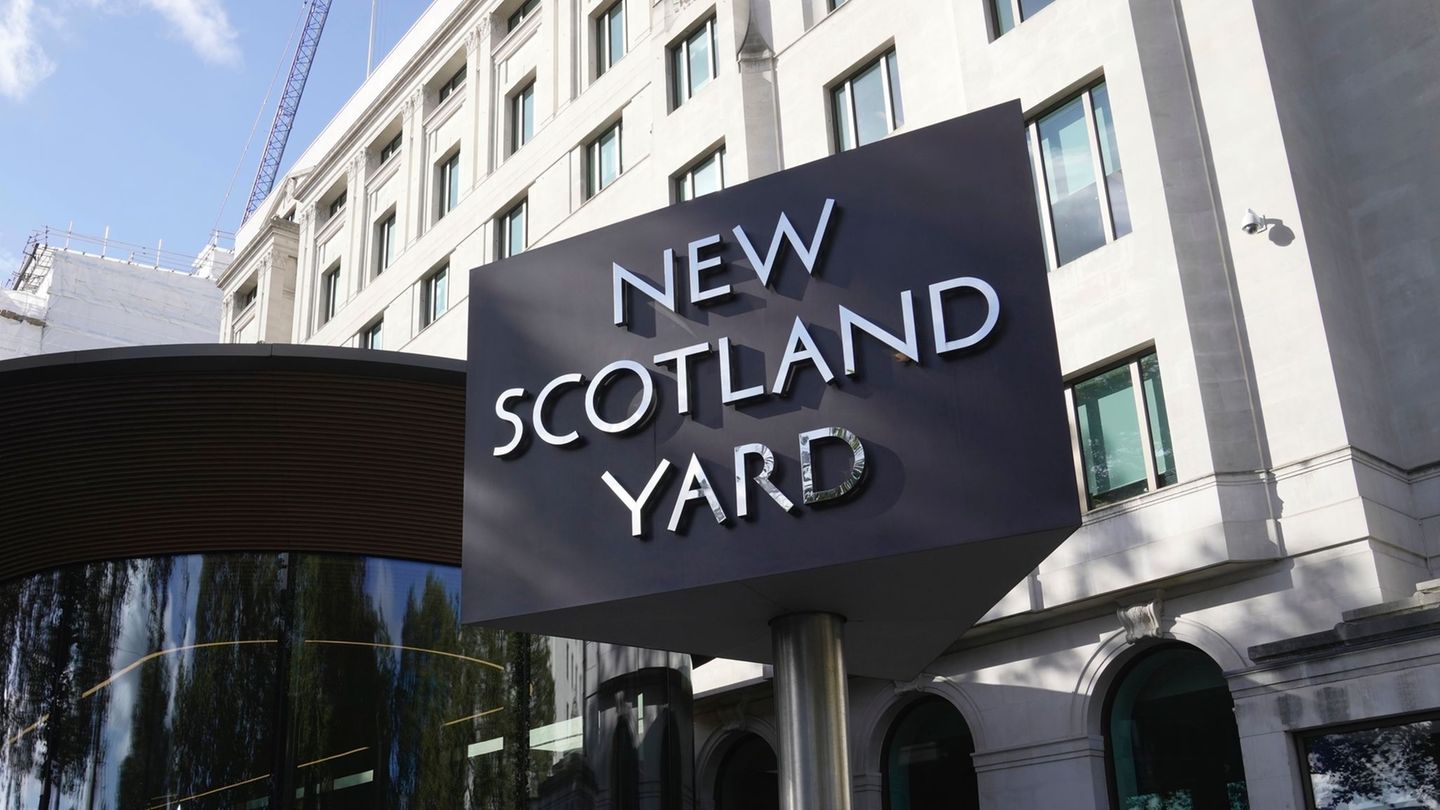For this reason, in the Economy they hope that the governors and mayors will also join in with “relief” measures, so that all the effort does not fall on the Nation. “The governors could move forward with at least signing a decree declaring the emergency, and the municipalities suspending some rate,” claimed an official source.
The subsidy in interest rates for credits will have a fiscal cost of $15,000 million: $10,000 million will be provided by the Ministry of Agriculture, headed by Juan José Bahillo, while another $5,000 million will come from the Ministry of Industry. In addition, there will be $5,000 million for revolving funds, which will be implemented directly in the provinces and municipalities.
Finally, much of the effort of the measures has to be put in by the AFIP, headed by Carlos Castagneto. The cost is difficult to estimate, but could be as high as $60 billion. It is what the sector would have to pay in advance of the income tax. This payment is suspended for producers with difficulties or covered by the emergency. In addition, the AFIP will suspend tax execution lawsuits and the suspension of embargoes on current accounts.
In any case, Agriculture sources clarified that the estimates of the fiscal cost vary, because they depend on how many of the 51,000 affected producers request the measures. “There are some small producers who prefer not to do paperwork, while others see that there may be rain, and there the universe is notably reduced because their expectations begin to change. 20 days ago when it did not rain, these measures would have been massively adhered to,” they explained.
Something that they noticed in the Government is that the producers are “afraid to raise the emergency”, fearing that “the AFIP will come” later. For that reason, the AFIP defined that it will keep an eye on tax deferrals greater than $50 million.
In Economics they believe that the measures that will be most used are the suspension of AFIP embargoes, as well as the taking of credits, because the Central Bank will repeal this Thursday at the board meeting the resolution that imposed a “surcharge” on those who did not liquidate soybeans, a measure taken within the framework of the first soybean dollar, in September past. “It was a bitterness of Pesce (head of the BCRA) with the soybeans,” said an official source.
In the future, in Agriculture they will seek to “segment” this measure: they consider that they can distinguish between those who “stock” soybeans to speculate, and those who retain it as part of an industrial production process.
On a political level, in Economy they define Massa as a “pragmatist”. They assure that the Liaison Table left “in agreement, and if they were happy they will not recognize it.” The meeting was carried out with a “cordial tone”, and there were even thanks to Massa. Then, they assure that they do not feel “deceived” by the criticisms that are later given on television sets. “I understand their position, they have to agree to the bases, because otherwise the discussion becomes anarchic and the government is left without valid interlocutors,” said a man close to the minister.
Before the consultation of Ambit If they have internal criticism for a relief to the field that could exceed $100,000 million, official sources replied: “Massa has the support of Cristina and Alberto because he talks to them before the measures, he is not improvised.”
According to what they told in Agriculture, there was an agreement on the measures between the Economy, the Banco Nación and the AFIP. “It was made easy because we were all in the meetings with the Liaison Table, so each agency heard the problems first hand,” said a source close to Massa.
next round
The Government is preparing for the next round with agriculture, which will be at the time of the liquidation of the gross harvest, although it feels less “fragile” to negotiate. They have not yet made a projection of the million dollar loss that the drought brings, since the sowing stage has not yet finished, and it is not known how many hectares there will be. In any case, they do not have such a grim outlook as some study centers: they are confident that there will not be so much loss in soybeans, and that international prices will continue to be attractive.
They know, anyway, that the field will request a measure for a liquidation that will arrive a month later than usual. Especially with a gap of 100%, but much more after they have been awarded a soybean dollar 2, when it had been said that 1 was the only one. In any case, today the soybean dollar 3 is not on the table, due to the distortions it brings, and because of the IMF’s refusal.
In addition, the Government feels less fragile: “We do not have the economic solvency of Brazil, but we are not in the situation of last July without reserves,” said an official source. The economy is confident that the Néstor Kirchner gas pipeline will be in place in winter, and with it a million-dollar savings for energy imports, which together with the high prices of fertilizers, had exceeded US$5,000 million.
Source: Ambito




